Cats are often celebrated for their independent nature and mysterious behaviors, but did you know that your feline friend might see themselves as the guardian of your household? While they may not wear capes or patrol the perimeter, their subtle actions can reveal a protective instinct towards their family. Understanding these behaviors can deepen the bond between you and your cat, showcasing their unique way of showing love and care.
Vigilant Window Watching
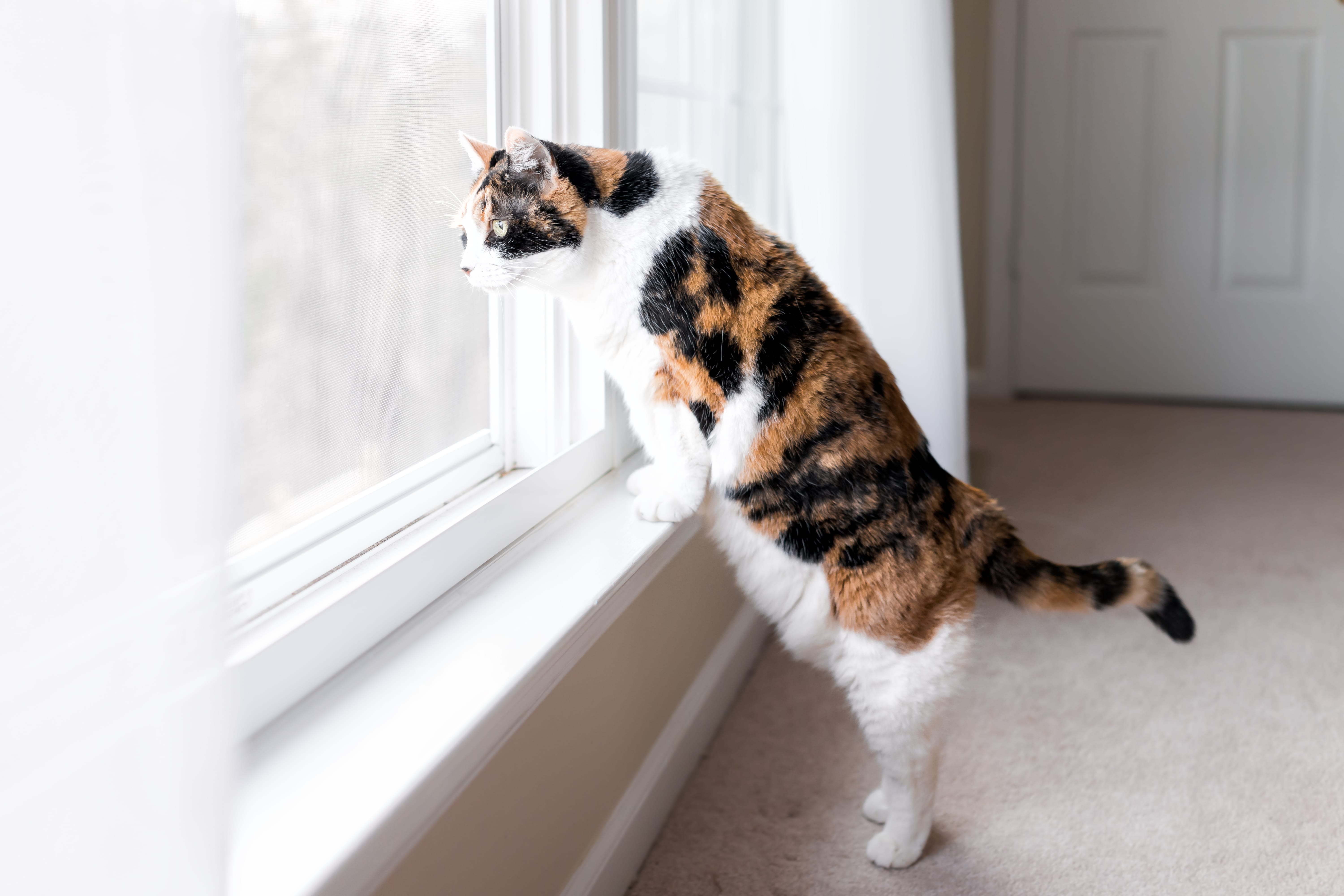
If your cat spends a significant amount of time perched by the window, observing the outside world, it’s a sign they’re keeping an eye out for potential threats. This behavior indicates a natural vigilance, ensuring the safety of their territory. By monitoring the surroundings, your cat is actively safeguarding the home environment for everyone inside.
Alarmed Reactions to Strange Noises
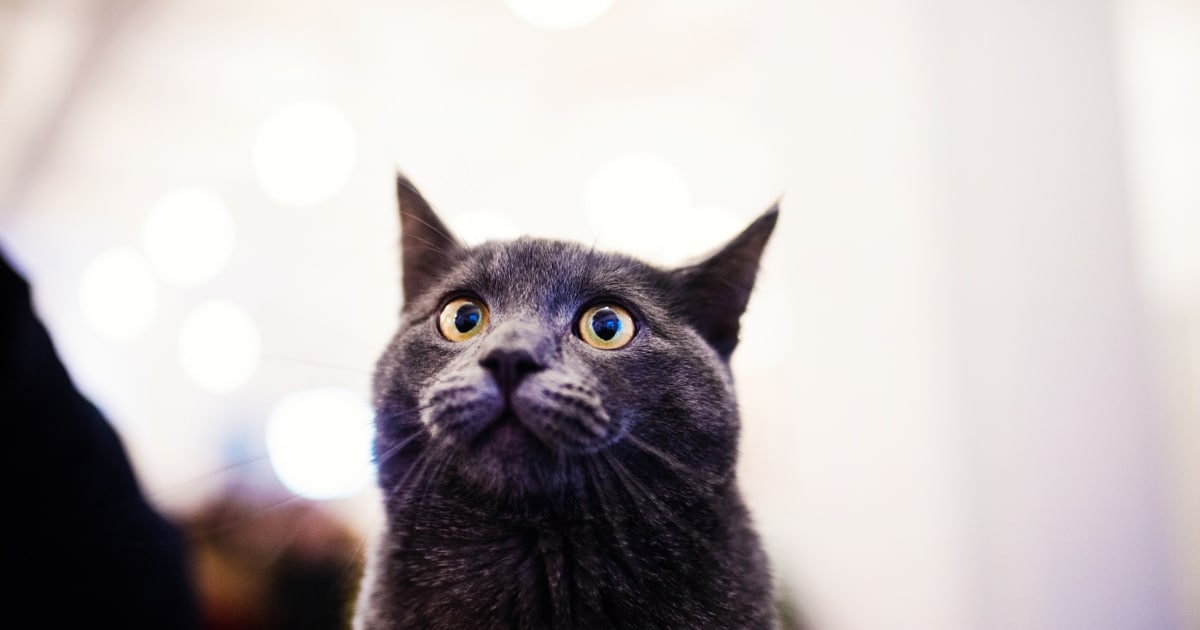
Cats with protective instincts often react sharply to unfamiliar sounds, whether it’s a doorbell, a loud appliance, or nighttime noises. These sudden alerts serve as an early warning system, giving your family a heads-up about possible intruders or disturbances. Their acute hearing allows them to detect threats that might go unnoticed by humans.
Protective Behavior Around Family Members
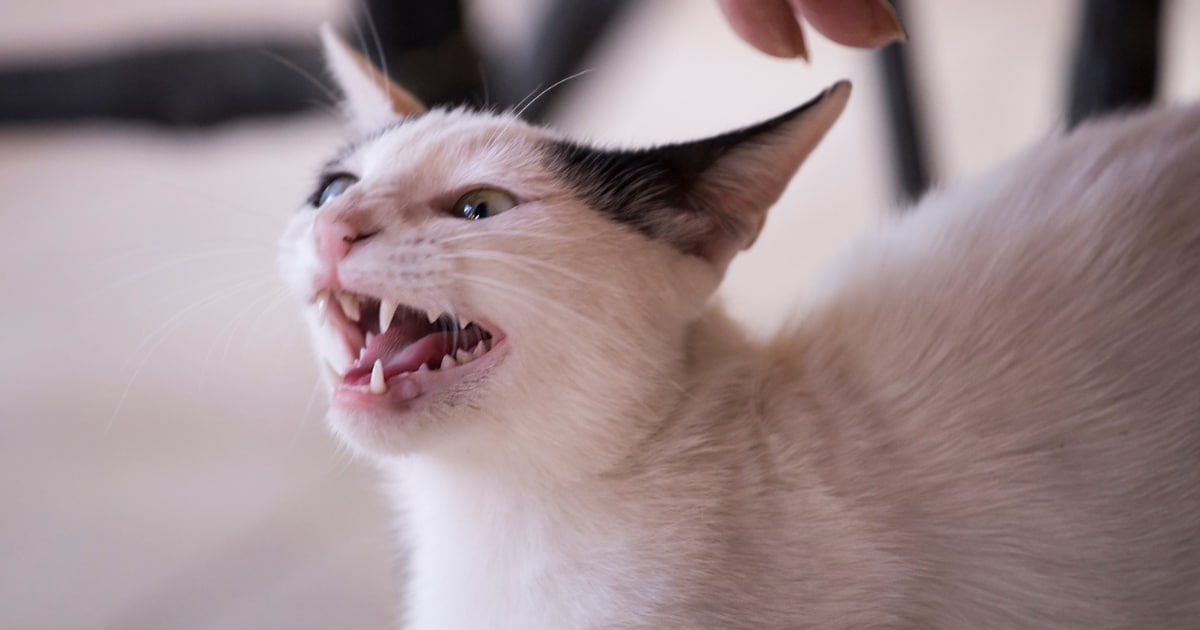
Notice how your cat stays close to certain family members, especially during times of stress or illness. This attachment is more than just seeking warmth; it’s a way of offering comfort and protection. By staying nearby, your cat ensures that their loved ones feel secure and supported.
Marking Territory
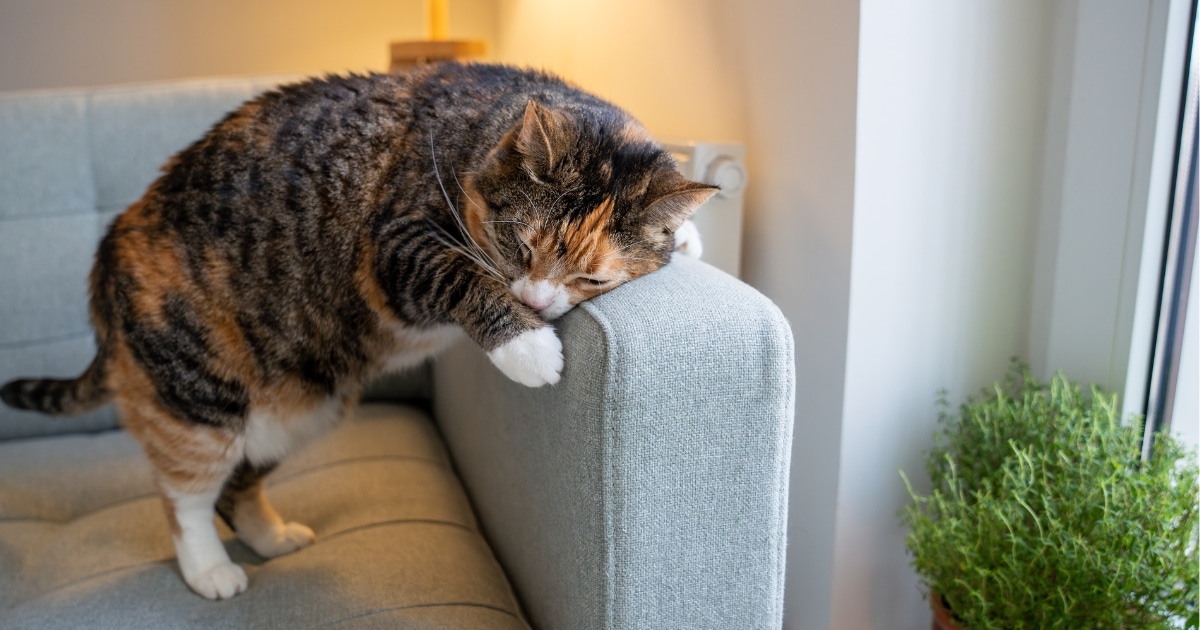
Cats use scent marking to define and protect their territory. By rubbing against furniture, doors, and even family members, they’re asserting ownership and ensuring that their environment remains safe. This behavior helps prevent unwanted animals from encroaching on their space, maintaining a secure home for everyone.
Alerting to Visitors
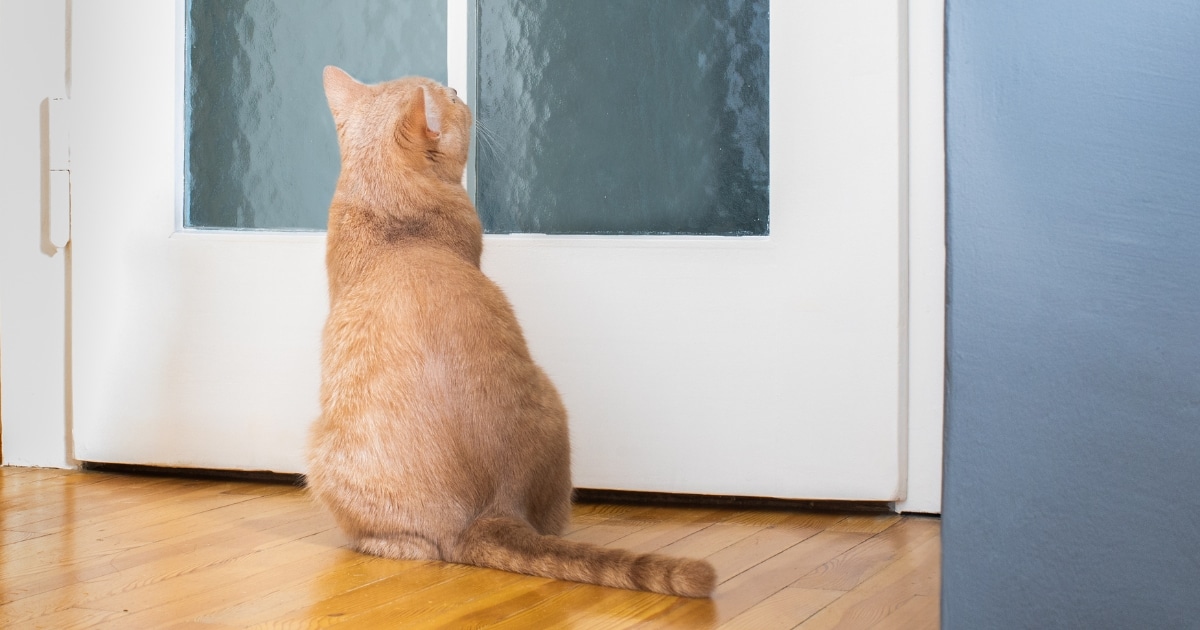
A cat that actively greets visitors, whether by meowing, approaching, or even hiding and observing, is demonstrating protective behavior. They assess the newcomer’s intentions and signal to the family, effectively acting as the first line of defense. This vigilance ensures that the household remains aware of who’s entering their space.
Nighttime Patrols
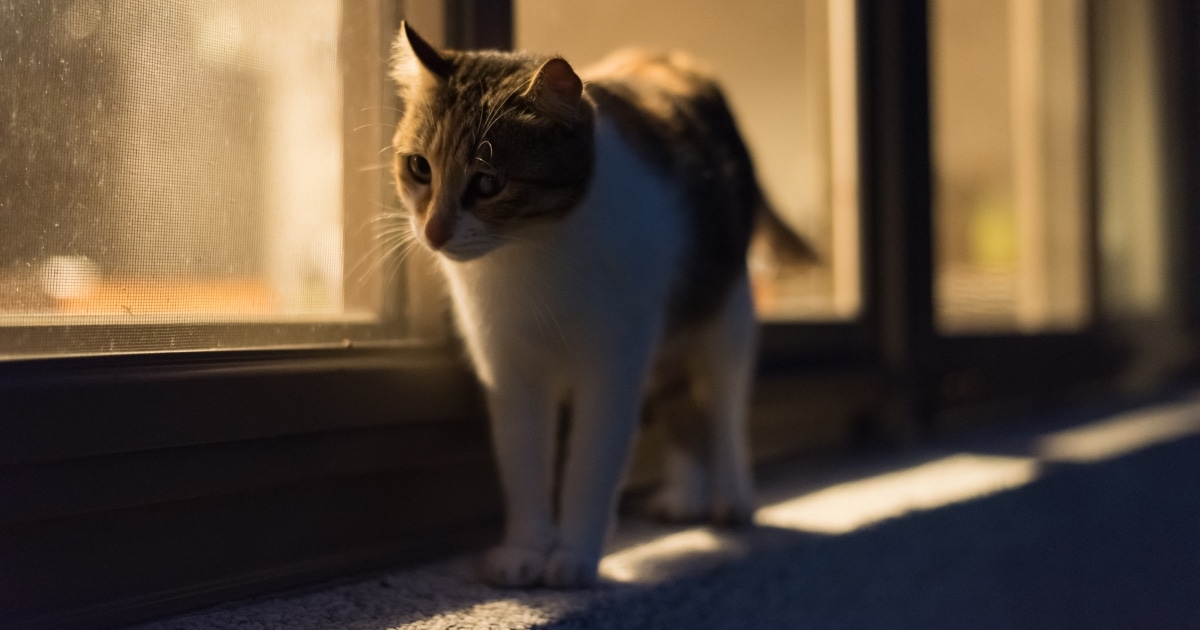
Some cats become more active at night, wandering around the house to ensure everything is in order. These nocturnal patrols are their way of keeping the home safe while everyone else is asleep. Their presence during these hours can deter potential threats and provide an added layer of security.
Warning Postures
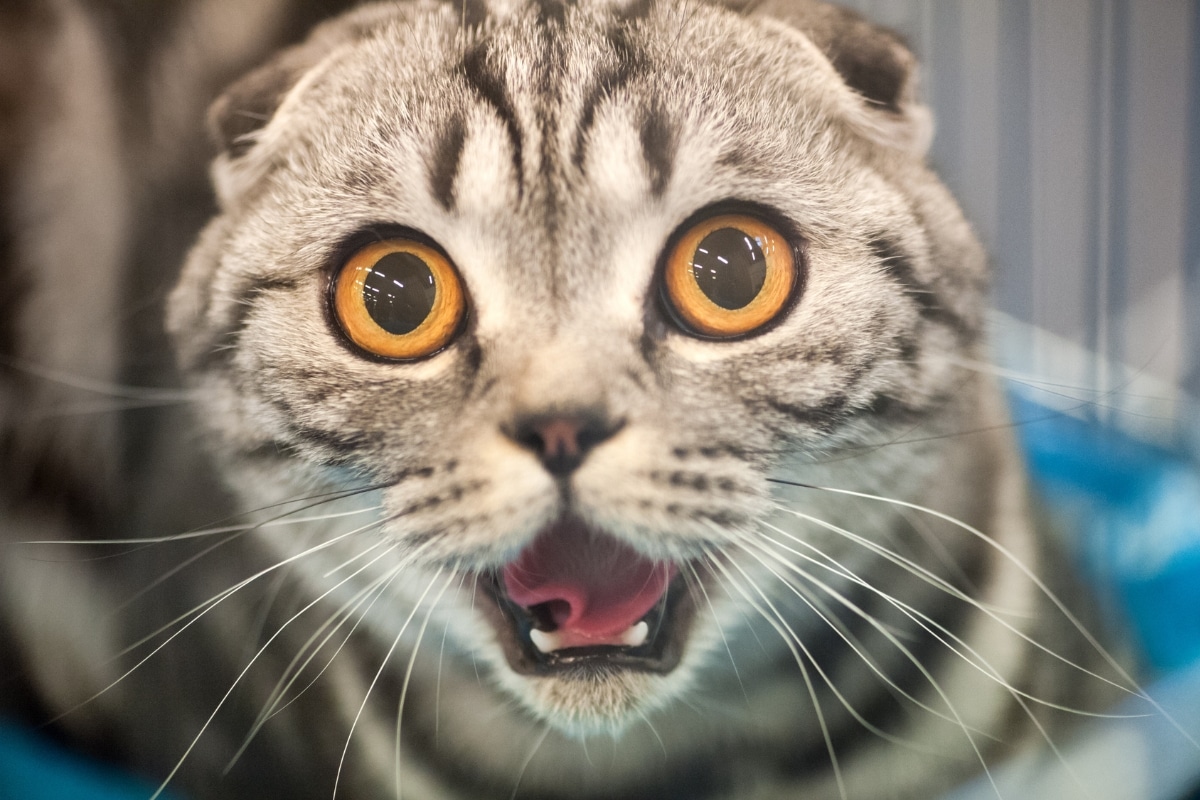
When a cat assumes a defensive stance, such as puffing up their fur or arching their back, they’re signaling a potential threat. These warning postures are meant to deter intruders and protect their families from harm. It’s their way of saying, “I’ve got this covered.”
Bringing “Gifts”
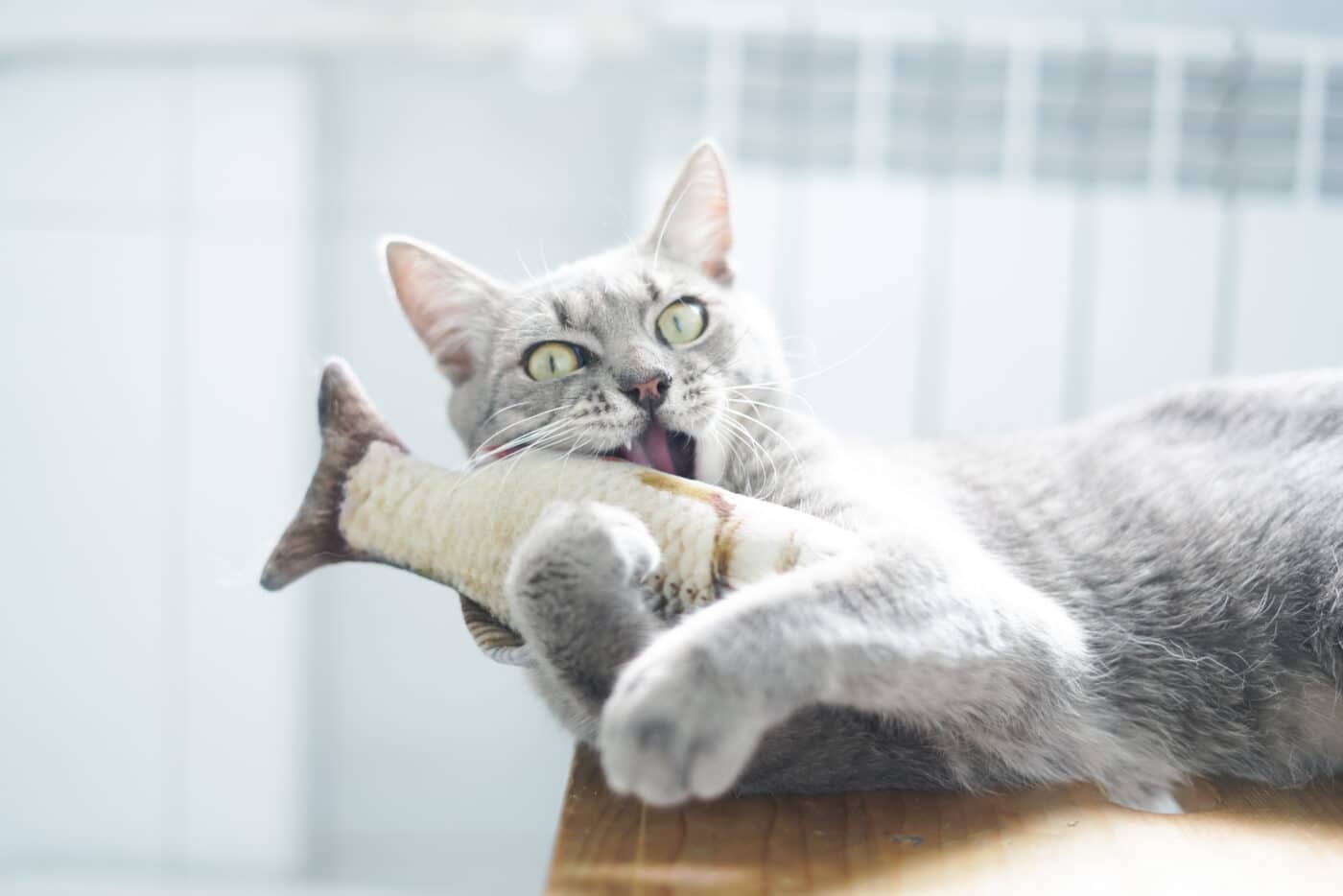
Cats often bring home prey or other objects as a way of sharing their bounty with the family. This behavior is rooted in their instinct to provide for their loved ones, ensuring that everyone has what they need to thrive. It’s a tangible sign of their dedication to the household’s well-being.
Consistent Routine Maintenance

Maintaining a consistent routine helps cats feel secure and in control of their environment. By sticking to regular feeding times, play sessions, and grooming habits, they create a stable atmosphere that benefits the entire family. This sense of order contributes to the overall safety and harmony of the home.
Cherishing Your Feline Protector
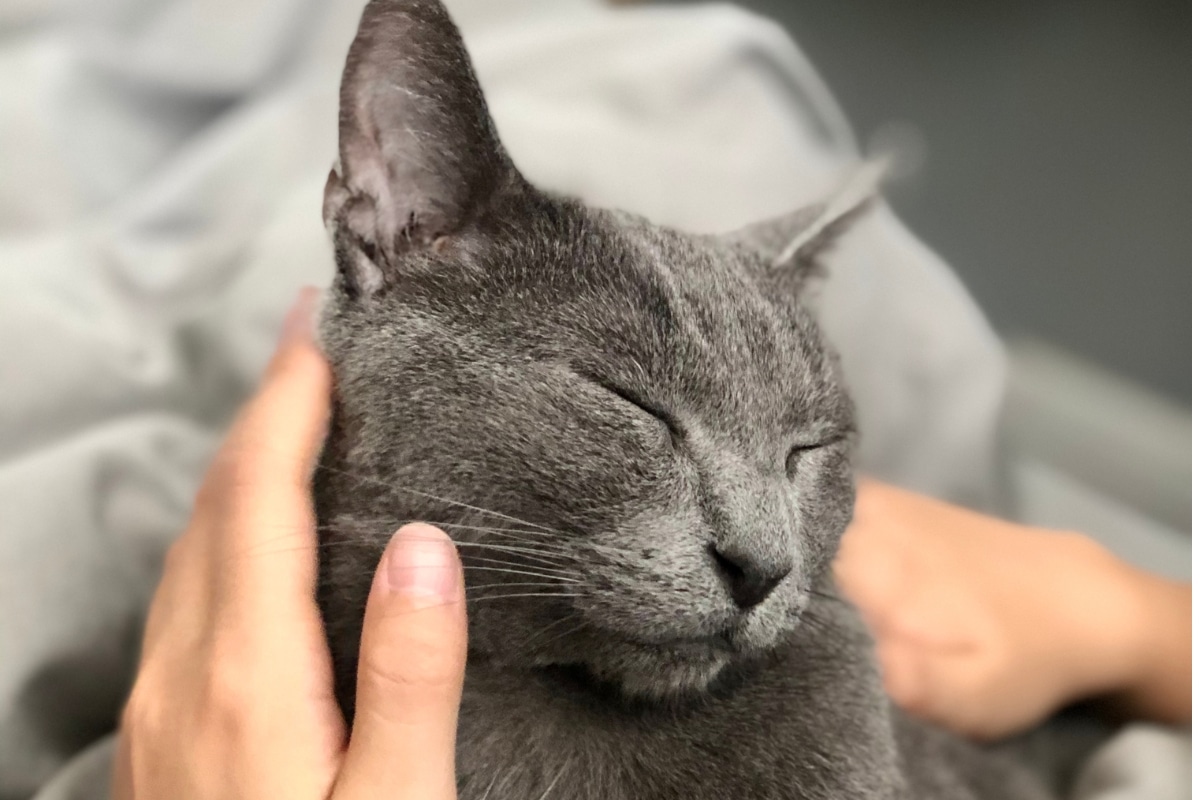
In conclusion, while cats may not outwardly display their protective instincts like some other pets, their subtle behaviors speak volumes about their dedication to safeguarding their family. From vigilant watching to providing comfort and maintaining routines, these actions highlight the unique ways cats contribute to the safety and well-being of their households. Recognizing and appreciating these signs can strengthen the bond you share with your feline guardian, celebrating their role as a cherished protector in your home.

